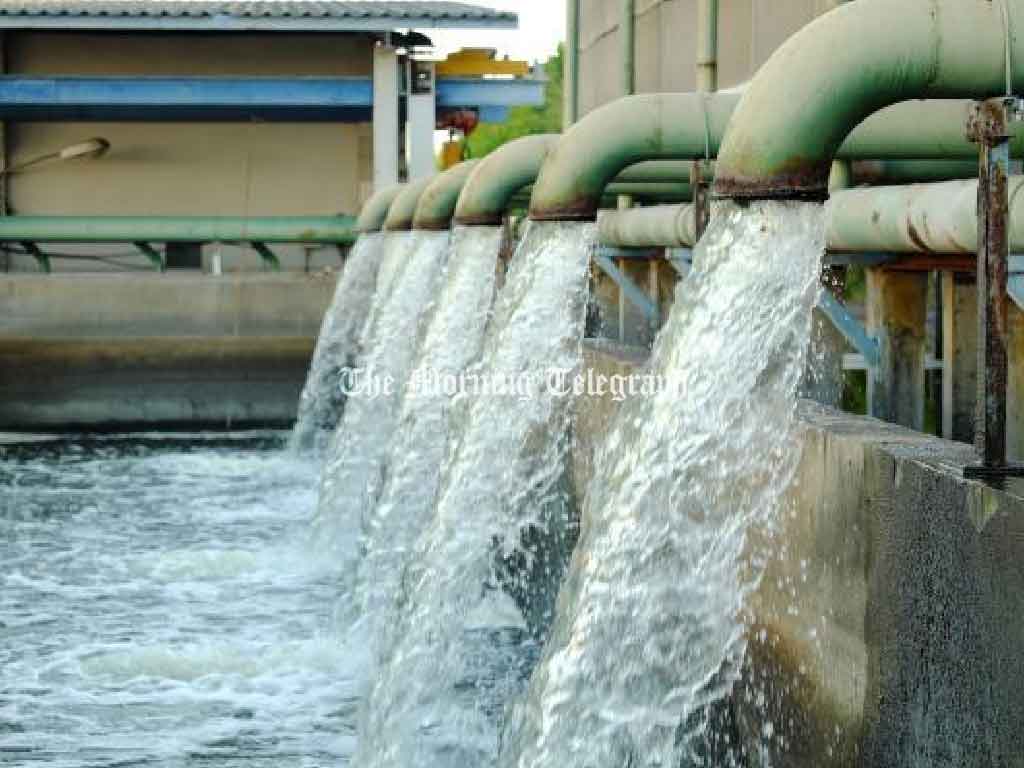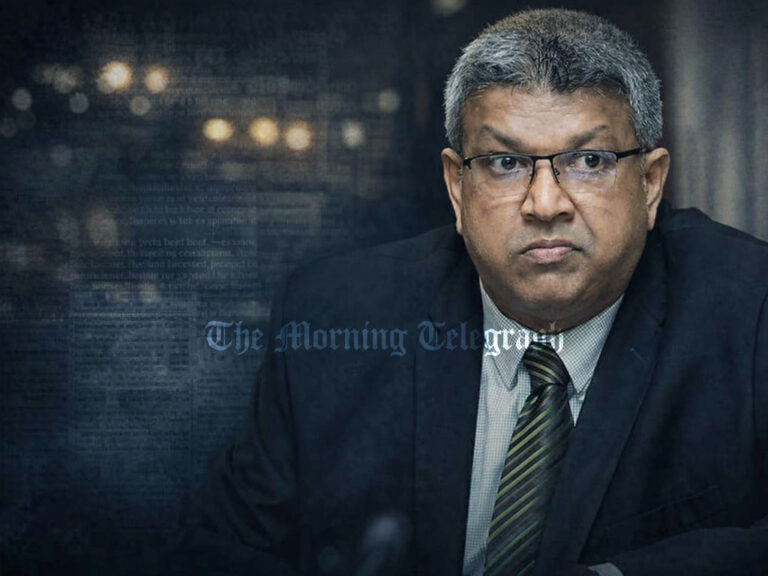
A recent audit report on the Water Supply and Sanitation Improvement Project has revealed that the government has incurred a significant loss of Rs. 1.44 billion due to inefficiencies, delays, and mismanagement in key water supply and sanitation initiatives. The audit, which assessed multiple ongoing and completed projects, identified several major concerns that have hampered progress, including delayed completion of urban and rural water supply schemes.
The report highlights delays of up to 2,158 days in the completion of critical rehabilitation and sanitation projects, with some projects receiving up to seven extensions. These delays are attributed to a variety of factors, including poor contractor performance, environmental and resettlement challenges, and the impacts of the COVID-19 pandemic and the economic crisis.
The Water Supply and Sanitation Improvement Project, initiated by the Ministry of Water Supply and Estate Infrastructure Development, was designed to enhance access to piped water services and improve sanitation in select districts. The project is divided into four main components: the rehabilitation and expansion of water supply and sanitation schemes, capacity building of the National Community Water Supply Department, sector training, and water quality mapping, and project management.
The total project cost is estimated at $183.90 million (Rs. 27.59 billion), with $165 million (Rs. 24.75 billion) funded by the International Development Association, and the remaining Rs. 2.84 billion covered by the Sri Lankan government and community contributions. The project was originally set to be completed by December 2020 but has faced multiple delays, with the deadline now extended to December 2023.
Among the most concerning findings of the audit were significant financial losses in specific areas. For example, the Kotiyakumbura sand filter tank, which had an investment of Rs. 1.7 million, has not been used, rendering the expenditure unprofitable. Additionally, the Kilinochchi Water Supply Project suffered a Rs. 599 million loss due to improper project subdivision, violating government procurement guidelines. Changes to the Mulankavil Water Supply Project led to an additional Rs. 267 million in costs.
The report also highlighted the failure to secure community contributions amounting to Rs. 551 million for rural water supply projects, which further exacerbated funding shortages. Furthermore, Rs. 19 million was paid directly to subcontractors in the Kilinochchi district projects, violating contractual terms.
The National Audit Office (NAO) has urged the government to address the root causes of these delays and inefficiencies, calling for a comprehensive investigation into the management of these projects. It has also recommended the implementation of stricter procurement processes and financial oversight to prevent further losses and ensure that the intended benefits of the water supply and sanitation improvements are realized.




